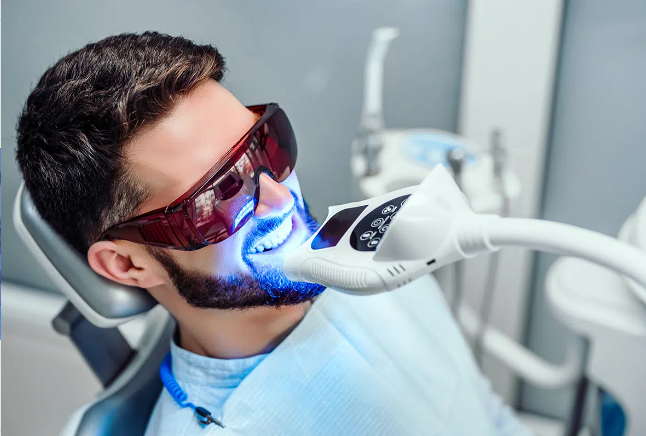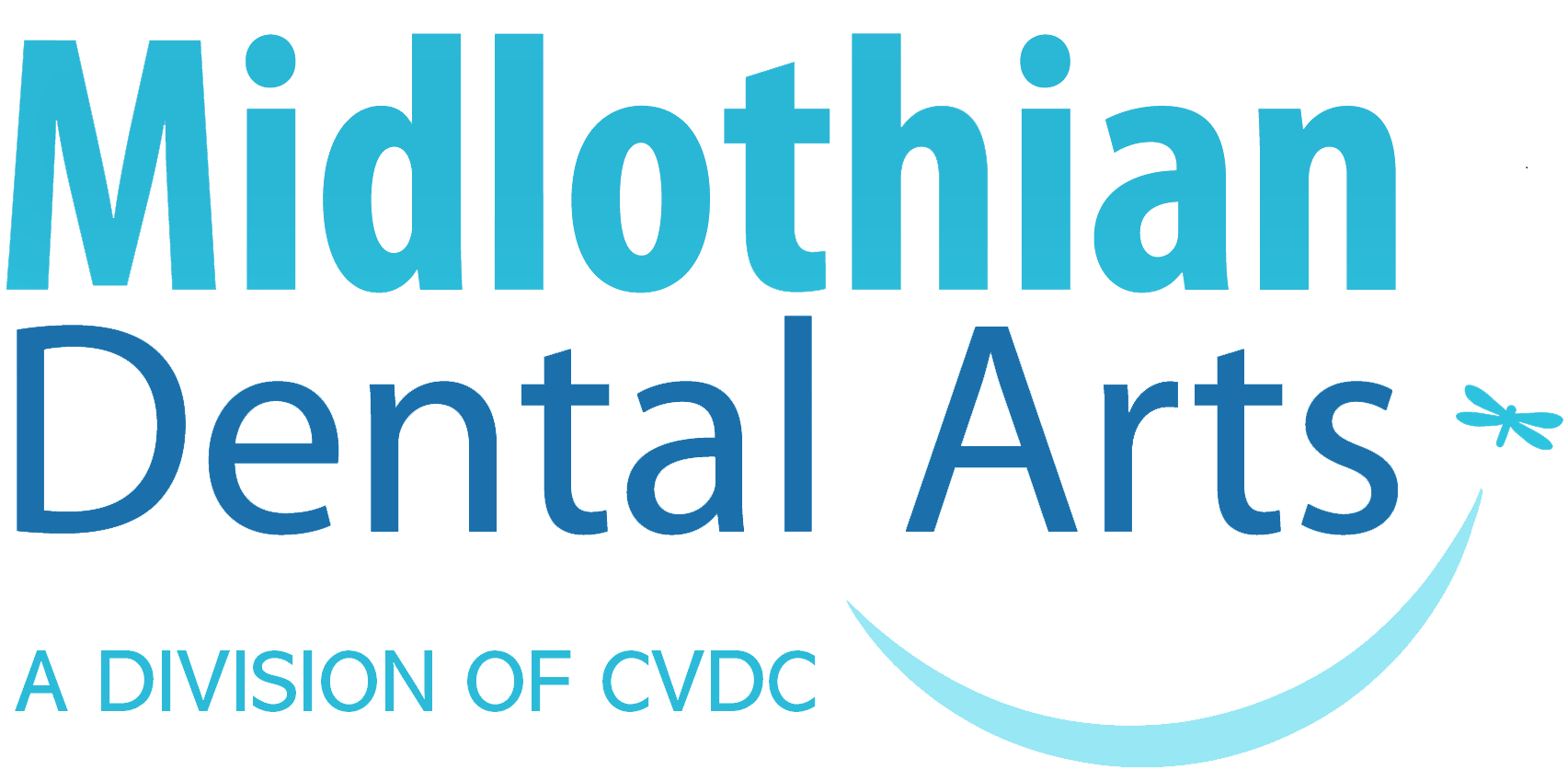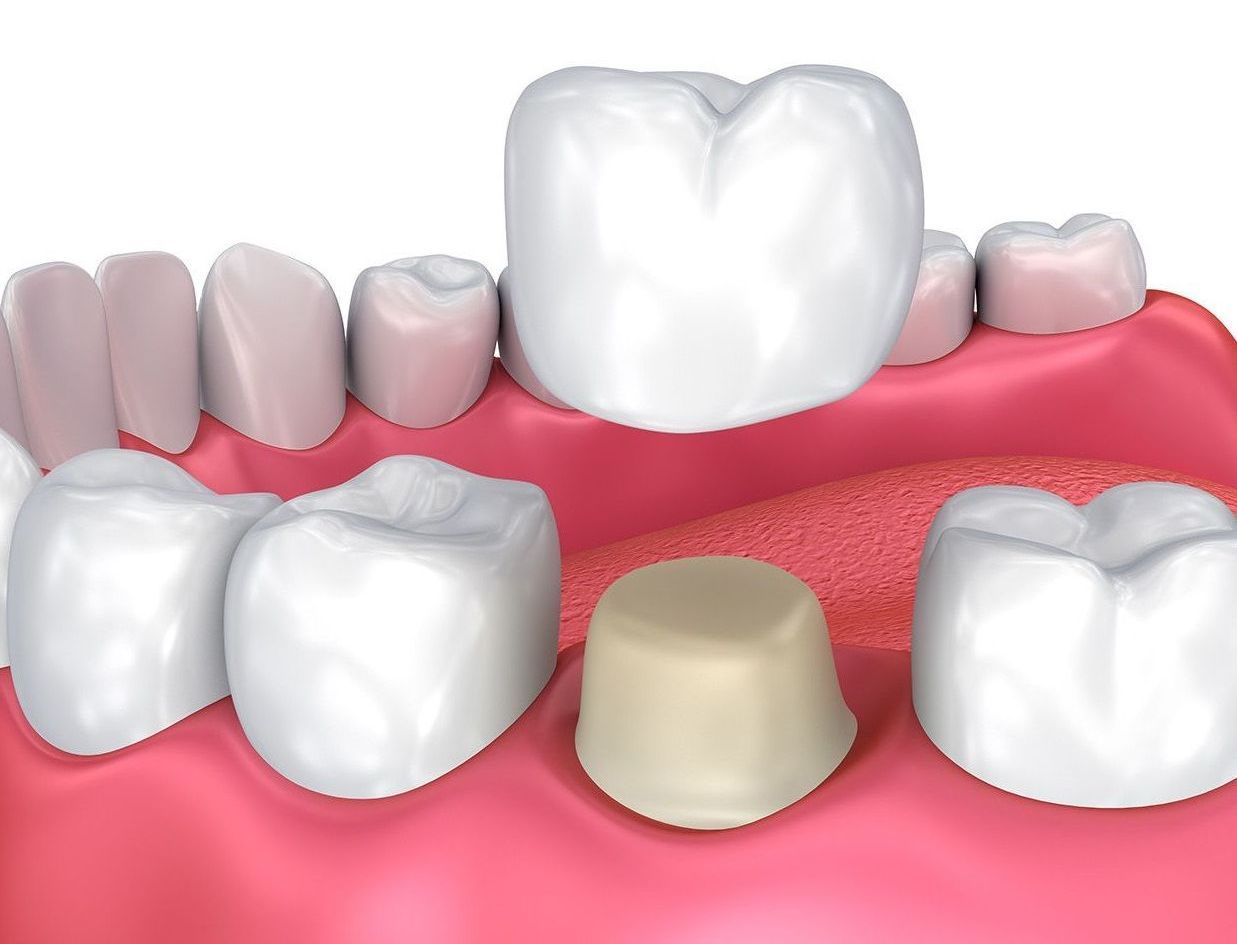Oral Cancer Screenings: Why They Are Important

If there was a simple painless way to check for oral cancer, would you get it done? As uncomfortable as it may be to even think about “cancer,” detecting and diagnosing oral cancer is critical to your health. And because oral cancer can spread quickly, EARLY detection is key. That’s why our office conducts oral cancer screenings at every dental exam and cleaning.
Let's take a look at a few of the risk factors and review the signs and symptoms. Keep in mind, no list is exhaustive so it's always important to share any concerns or questions you may have with your oral healthcare team.
What is Oral Cancer?
Oral cancer is an abnormal growth of cells within the mouth and can include the lips, gums, jawbone, throat, salivary glands, and/or tongue. Oral cancer accounts for roughly three percent of all cancers diagnosed in the United States, or about 60,000 new cases each year. The American Cancer Society’s most recent estimates for oral cavity and oropharyngeal cancers in the United States are for 2023:
- About 54,540 new cases of the oral cavity or oropharyngeal cancer
- About 11,580 deaths from the oral cavity or oropharyngeal cancer
Those at a Higher Risk for Oral Cancer
Certain lifestyle habits and simply reaching a certain age can increase your risk of developing oral cancer. For example, men have been shown to have higher incidences of oral cancers (about twice as many) than women. Other facts to be aware of include:
- Individuals aged 40 and older make up nearly 95% of all oral cancer cases
- Patients between the ages of 18 and 39 who use tobacco and/or are heavy alcohol drinkers have an increased risk
- Individuals who have been previously diagnosed with an oral HPV infection have increasingly higher rates
- Cancer of the lip has been linked to excessive sun exposure.
According to the American Cancer Society, overall, the lifetime risk of developing oral cavity and oropharyngeal cancer is about 1 in 60 for men and 1 in 141 for women.
Signs and Symptoms of Oral Cancer
If you have any of these symptoms for more than two weeks, see a dentist or a doctor.
- Difficulty when chewing, swallowing, or speaking
- Any numbness in your tongue or other areas of your mouth
- A sore, irritation, lump, or thick patch within your mouth or throat.
- A white or red patch in your mouth or on your lip
- Ongoing sore throat or a feeling that something is caught in your throat.
- Difficulty moving your jaw or tongue.
- Swelling of your jaw that causes dentures to fit poorly or become uncomfortable.
- Ear pain that won't go away
Reducing Your Risk for Oral Cancer
The major causes of oral cancer worldwide remain to be tobacco in its many different forms, heavy consumption of alcohol, and, increasingly, infection with certain types of HPV. If you're not visiting the dentist regularly (twice a year), you could be missing out on the benefits of early cancer detection. A healthy diet, good oral and sexual hygiene, and awareness of the signs and symptoms of the disease are important.
Take time each month to pay attention to and visually inspect your mouth. If you have any questions or concerns at all, our dental team is always here to help. Contact us conveniently here.










